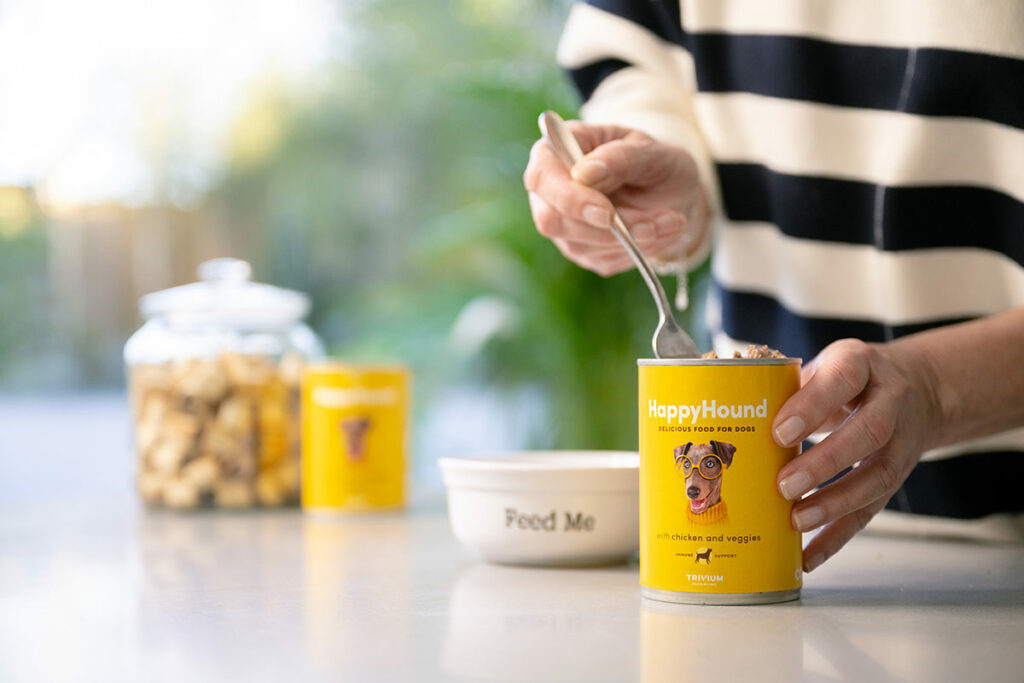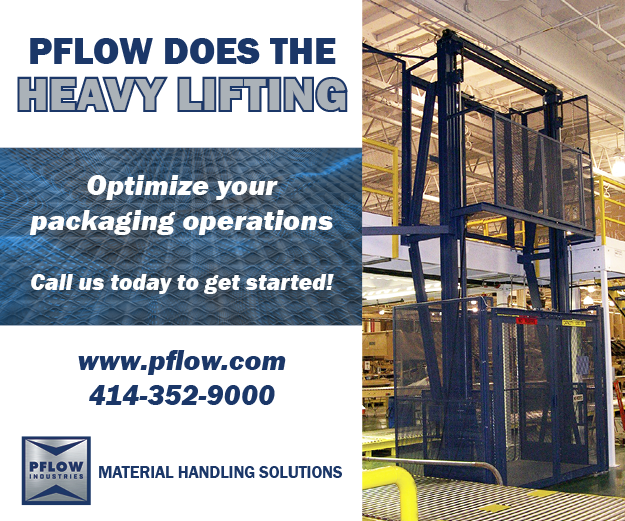Implementing Sustainable Supply Chain Practices

Innovation and eco-design are important for manufacturers to continually improve the sustainability of their products as well as produce new products for the market. Image courtesy of Trivium Packaging.
Three Key Areas to Consider
By Jenny Wassenaar, Chief Sustainability Officer and SVP Global R&D, Trivium Packaging
The concept of sustainability is wide and can have completely different meanings or interpretations depending on your background and geographical location. However, one thing is consistent, a truly sustainable future cannot be built in a single company alone.
Companies must work together with value chain partners to create solutions that are improving the environmental impact continually. To do this, there are three key areas every business can evaluate, strengthen, and expand within as they work towards a more sustainable future within themselves and together for the greater good.
Sustainable practices and the supply chain
One of the most instrumental areas a business can implement sustainable practices when it comes to their own business is in the supply chain. Working with suppliers to implement sustainable practices starts by knowing where your company can best improve. From there, develop a due diligence process that helps your organization best identify and work with partners that share your values and commitment to acting responsibly and sustainably. These processes can then be implemented to help your organization best assess potential suppliers based on their sustainability and social responsibility actions.
Next, develop a supplier code of conduct that clearly identifies your company’s expectations for your supply chain partners. This document can touch on a wide range of issues, from human rights to anti-bribery and fraud, to modern slavery prevention, ingredient, or material, health and safety, and business integrity. Regularly keeping in contact with your suppliers about environmental, social, and governance topics is important and will help your organization stay on track with its sustainability goals.
Lastly, follow the guidance of industry-leading sustainability rating providers, such as the Carbon Disclosure Project (CDP) and EcoVadis. These organizations provide baselines that help companies measure the progress of their goals and targets. Combining these processes with training and KPIs can help make sure your organization and your suppliers stay engaged and on track together.
Sustainable practices and the customer connection

Working with suppliers to implement sustainable practices starts by knowing where your company can best improve. Image courtesy of Trivium Packaging.
Innovation and eco-design are important for manufacturers to continually improve the sustainability of their products as well as produce new products for the market, but those concepts aren’t limited to manufacturers. Every business has areas where they can innovate and focus on their eco-friendliness. For business-to-business companies, an opportunity exists to expand sustainability efforts for both parties, simply by collaborating. Collaboration opens the door for a deeper conversation about the organizations’ sustainability goals and areas for improvement.
In the case of packaging, we work closely with our customers to incorporate more metal packaging into their product portfolios but we also seek to identify growth areas for metal packaging in new markets where metal doesn’t exist or can be used in place of a less sustainable substrate. Our customers are often seeking to convert their products from the substrate they currently use to metal for its sustainable benefits. Both processes require collaboration with the customer as we are best able to help find the most optimal solution for our customers when we know more about their portfolio and goals.
For business-to-consumer businesses, an opportunity exists to educate the consumer about the sustainability of their products from ingredients to the recyclability of the packaging. According to the 2023 Buying Green Report, a consumer survey that dives into consumers’ perceptions, habits, and desires for sustainable packaging, a great opportunity exists for brands in helping make sustainability more intuitive for consumers.
Consumers are increasingly searching for information about the sustainability of packaging on products they buy, but find sustainability claims not clear enough. They are often confused by the wide range of sustainability callouts, labels, and features on products. In fact:
- 59% of consumers look for information on the recyclability of the packaging on the products they buy.
- 46% of consumers said unclear labeling is a barrier they face when thinking about purchasing products with sustainable features
- 26% of consumers are unsure what sustainable features to look for when considering a product for purchase.
It is becoming increasingly important for consumers to have a clear understanding of the sustainability of the products they buy. With 79% of consumers looking for products in sustainable packaging, the opportunity for brands to be transparent and clear is great.
Sustainable practices through collaboration with associations
A challenge as big as climate change can only be tackled through innovation, teamwork and cross-sector collaboration. Participating in partnerships within and beyond your industry opens opportunities to leverage your combined power for the benefit of our planet and its people.
Collaboration with like-minded organizations can also provide healthy competition as it drives continuous improvement within business practices. These partnerships can also enable the exchange of new ideas and the sharing of best practices through open and honest dialogue.
About the Author
Jenny Wassenaar is the Chief Sustainability Officer & SVP Global R&D for Trivium Packaging, a global leader in metal packaging. Learn more at www.triviumpackaging.com







